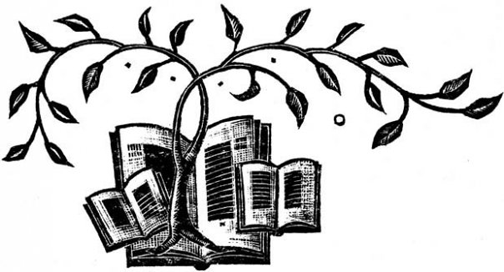The Book Club of California: the oars are in the water
- by Bruce E. McKinney

The Book Club of California: history moving into the future
By Bruce McKinney
The Book Club of California held its annual reorganization meeting on Wednesday, October 20th in new space under renovation quarters at 312 Sutter Street in San Francisco. I went expecting a small board and a few cranks and found a board of 15 and an involved audience of 25 on a Wednesday afternoon from 2:00 to 5:00 pm when young people are usually working and old people taking naps. This is a group committed to printing, history and books. The Club works to keep membership at 1,000 and as reported at the meeting, at 991 is almost as good as Ivory Snow [99.44%]. The meeting was actually two separate events. The first was the final meeting under the outgoing board of directors and the second the first meeting of the new board. The order and precision were impressive.
A review of the association's budget was provided and attention drawn to the year-over-year decline in the club's very substantial investments. Given the disaster that has befallen so many the club seems to be managing itself well.
Attention was also drawn to a significant source of club income, the books it publishes. It has issued many important volumes over the years. Its imprint is prestigious and no doubt one source, among many, of membership. By all accounts the printing is important for several reasons not least of which is that the club has evolved over the past fifty years into an informal trade association for the various and sundry professions associated with the design, typography, printing and binding of books. The club that once was more collector focused today includes many from the trades that make what collectors buy.
A review of club specifics, outlined in a ten-page handout along with a layout of club facilities now under construction, conveyed not just details about the work but also a clear message of an organization under firm management. Most book clubs in America and Canada are informal affairs. This book club is west coast formal. By membership, as opposed to income or assets, I believe it's the largest such club for bibliophiles in America. It is also a very democratic organization as became evident when a discussion, raised from the floor by Norman Clayton of the Classic Letterpress, became a lengthy statement and exchange on 21st century financial reality, emblematic of changes overtaking the world of books today. Mr. Clayton, a letterpress printer from Oakland has, this past year, held a $20,000 contract from the club to print its quarterly newsletter. He had recently been notified his contract would not be renewed as the club had identified both substantial savings and increasing flexibility in moving to offset. He read a long and determined letter, essentially a plea for continuity with the club's almost one hundred year tradition of printing its work letterpress. He was given extended time to present his view and a motion to review was adopted by the new board.